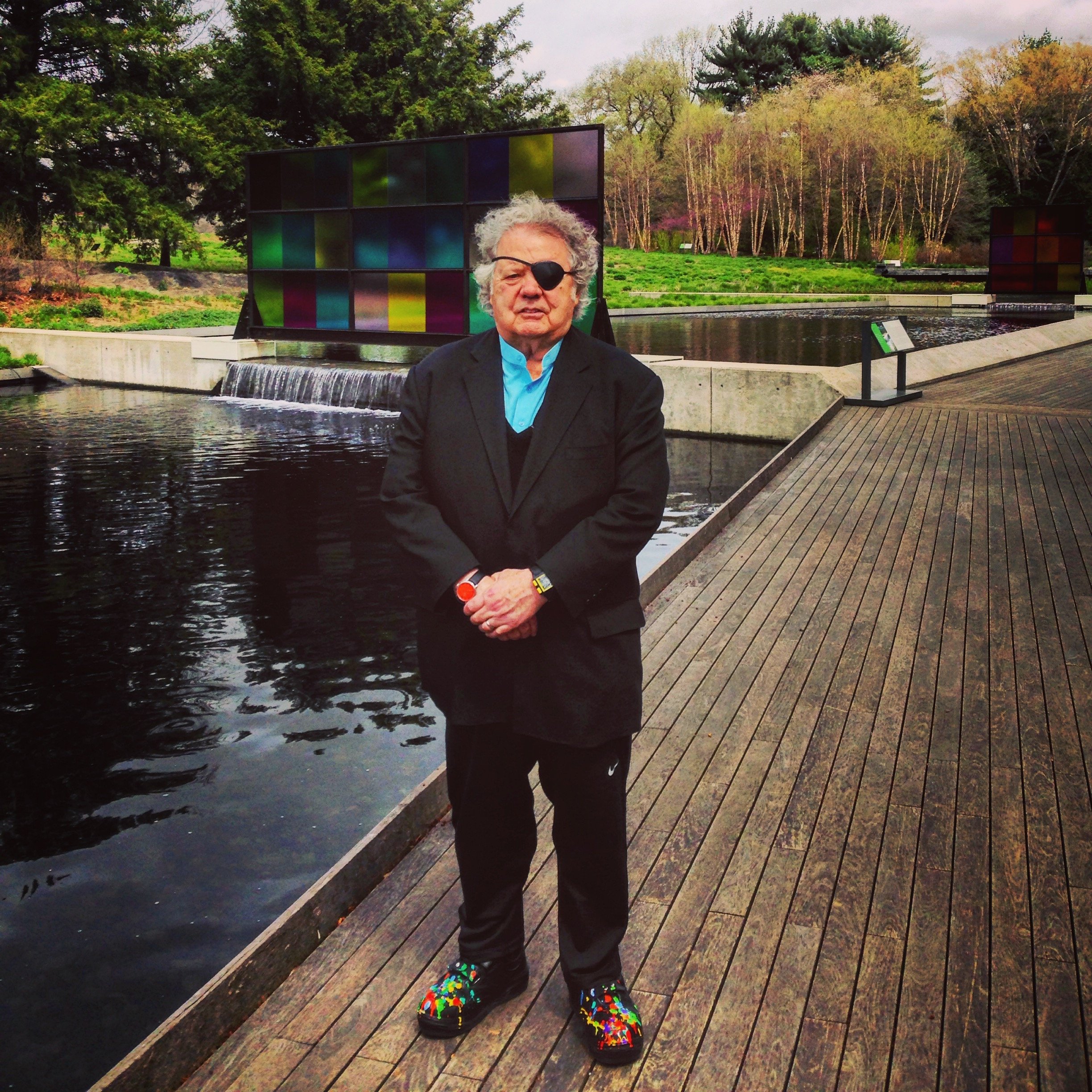
A federal judge in Seattle has dismissed a lawsuit brought against artist Dale Chihuly by a man who claimed Chihuly owed him more than $20 million.
Michael Moi, a Seattle-based contractor, worked on various paid projects for Chihuly from 1999 to 2014. In a lawsuit filed in June of 2017, Moi claimed he was owed for work he did on 285 paintings during that time, arguing that he co-authored the artworks. He also claimed that, despite there being no legal agreement in place, the artist promised to “take care” of him.
“The artist has long relied on a collection of discreet and trusted individuals to work in the shadows to create the drawings and paintings on paper, glass, plexiglass, and canvas that bear his name,” Moi’s lawsuit claimed. “This small group, which has never been acknowledged, has two requirements: secrecy and unwavering loyalty.”
Chihuly, who employs over 100 people at any given time, said the studio had no record of Moi working on the paintings.
Last week, US District Judge Robert Lasnik declared that Chihuly’s promise, if real, was not binding. Further, Moi could not properly demonstrate that he was a co-author of the paintings and therefore was owed none of the proceeds from their sale, the judge ruled.
Dale Chihuly, early works, 2017, Courtesy the New York Botanical Garden.
The case made headlines when it was first filed, not only because of the nature of the accusation, but also because it brought to light personal information about Chihuly’s mental health.
In a counterclaim, Chihuly’s lawyers accused Moi of using the lawsuit to effectively blackmail the artist, maintaining that Moi threatened to go public with the knowledge that Chihuly had recently been diagnosed with bipolar disorder, a diagnosis the artist and his family wanted to keep private.
“Under the thin guise of this litigation, Mr. Moi is threatening to make such documents public as purported ‘evidence’ in his lawsuit unless Dale, his family, and Chihuly Inc. pay him $21 million for his silence,” read the countersuit.